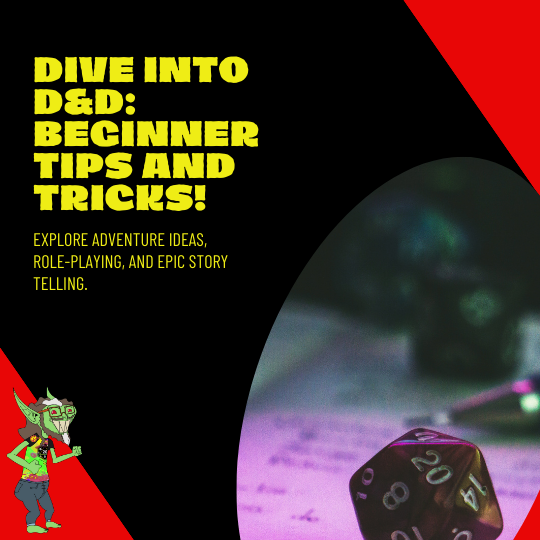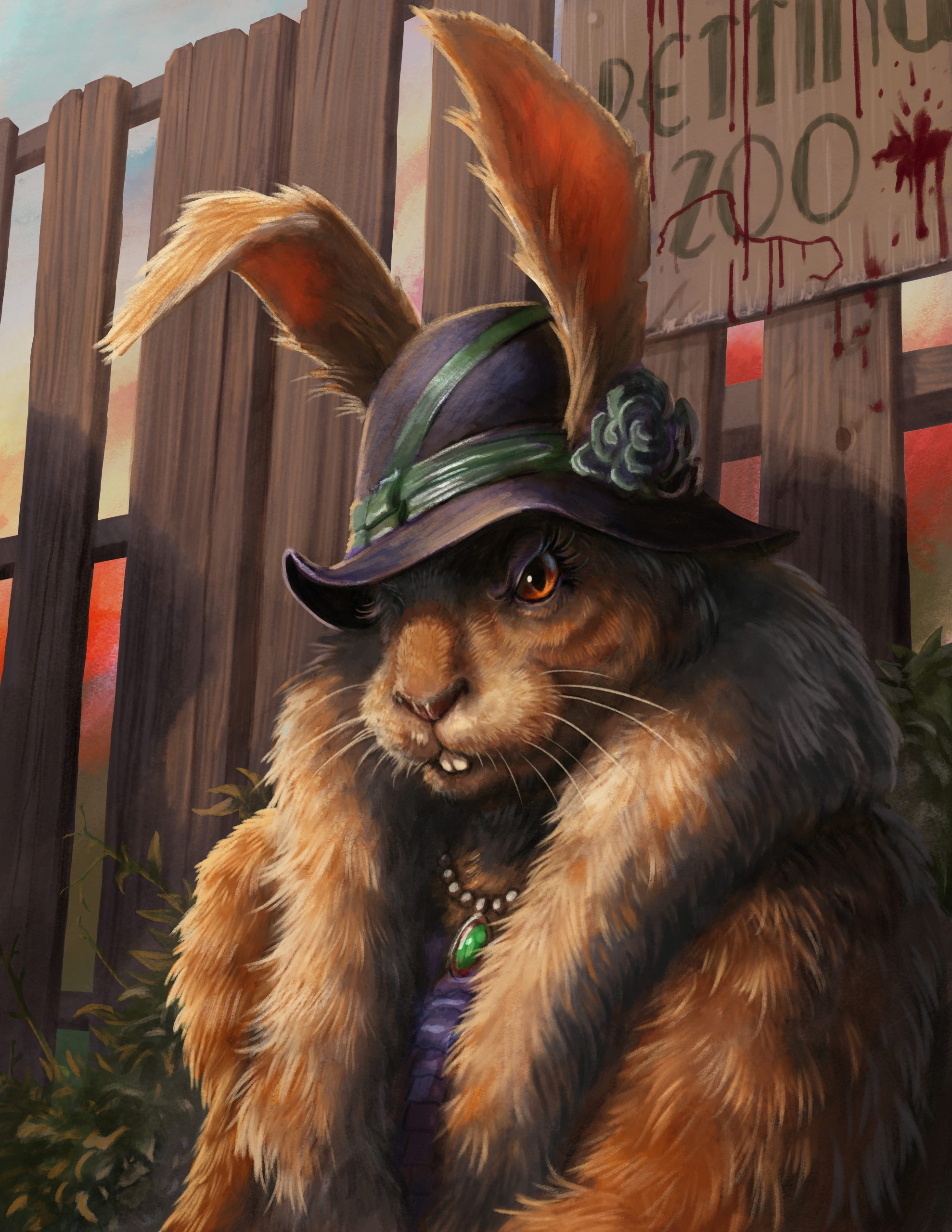
Making and Using NPCs in an RPG
Hello tabletop roleplaying game fans welcome to Nerdarchy. Nerdarchist Ted here and today we are going to talk about your nonplayer characters, or NPCs. These are your staples as a Game Master. Every single monster and person that is not controlled by a player is an NPC and it is up to you as GM to breathe life into them. When planning an NPC you need to keep several factors in mind.

Game Master NPC planning
1. How likely is this character going to reoccur?
2. How important is this character in the overall story arc you are running?
3. Where do they stand in the story arc? Ally, enemy or neutral?
If you answer these questions you’ll know how much you should have on them. You can then have a simple title or a couple of sentences written on them and allow the players to see how much they will deal with that character.
Let’s use a couple of examples. In Dungeons & Dragons players are frequently going to loot the bodies of their enemies and going to need to sell the extra gear. So we make a blacksmith or armorer. In nod to Diablo, to those gamers who go back to the first one in the franchise, we have Griswold.
Griswold the Blacksmith
Griswold is a competent blacksmith in the main town, speaks with a Scottish accent and is barrel chested. With this sentence any Game Master can lift this character off the page and add him into any game. From there the players can determine how much they would want to interact with him.
If they find him helpful and entertaining the characters could go back to him time and time again. Building a relationship with the characters could establish a pattern and create opportunities for the smith. He could gain in prestige, or become subject of attacks by the adversaries of the characters.
With each decision more depth is added to the nonplayer character and how much work you as the Game Master should put into that character.
Selazareal Leafwind
Now let us look at Selazareal Leafwind. The elven sage is 850 years old, fluent in almost every spoken tongue of this land and has read every book within five hundred leagues of their tower.
Here is an NPC that characters could be seeking out for knowledge to complete a quest. Using the sentence above it would be up to the Game Master as to whether they are haughty to nonelves or helpful to all. Do they charge for their services? If so is it in coin, knowledge or completion of another quest?
As Game Masters we have to make these choices and be ready to make them on the fly to provide an enjoyable and memorable game. And providing NPCs players want to go back to time and time again is crucial to that. Not only do your players get to help build these nonplayer characters up in your setting, but they feel more attached to your world because of it.
 Now we have Elder Leafwind who has been working with the party on and off for many sessions being helpful and guiding the characters toward what they expect to be victory in their longstanding quest and as they reach the finish line they realize Leafwind was their enemy all along and the items that seemed quite ordinary were in fact ingredients for an awful spell they just cast.
Now we have Elder Leafwind who has been working with the party on and off for many sessions being helpful and guiding the characters toward what they expect to be victory in their longstanding quest and as they reach the finish line they realize Leafwind was their enemy all along and the items that seemed quite ordinary were in fact ingredients for an awful spell they just cast.
Now the betrayal cuts that much deeper because the party did not expect it. Weaving the betrayal need not be done at the beginning as you never know how a player will feel about an NPC and as a character stands in the middle of a busy city, hundreds of possible nonplayer characters cross their path.
Most of these will be nonessential and filler but throwing something in there for fun or simple comedy is great and a great way to feel out what type of person your players want to interact with.
As you, the Game Master, sit down to prepare your material look over your notes. See how much material you wrote previously and how little of it your players used or even noticed. Save your self time and energy and work small.
Add notes to your world as you game on an as-needed basis and your players can do half of your work for you. All you need to do is come up with a simple concept and run with it. Creative juices are not flowing today? Steal a character from your favorite book, movie, video game or whatever. This is Nerdarchist Ted saying thank you for reading and until next time, stay nerdy my friend!










Oscar Eduardo
January 1, 2015 at 7:56 pmIt is good to create a NPC with the role of support? or it is good to create a NPC with the role of guide (pointer)?
Ryan Friant
January 6, 2015 at 11:32 pmI find support is better, say if you need to give the party access to a healer, it’s not bad to have an NPC cleric. A guide or sage-like character isn’t bad, but they should be used sparingly. The best RPG campaigns, the ones that players find the most memorable, are the ones that the players felt like they were able to do and accomplish a lot to shape the world- not the NPCs always swooping in and saving the day. -Nerdarchist Ryan
Oscar Eduardo
January 7, 2015 at 9:33 pmThanks 😉